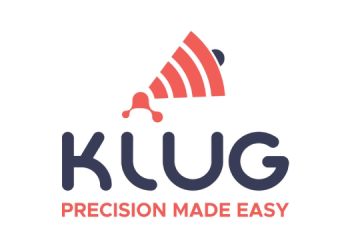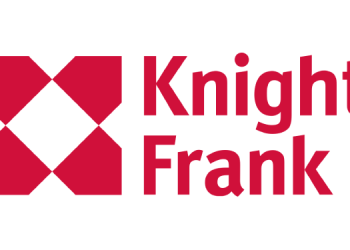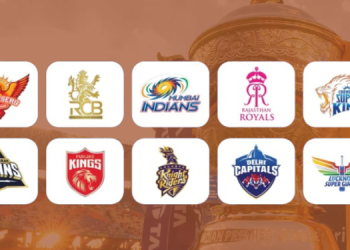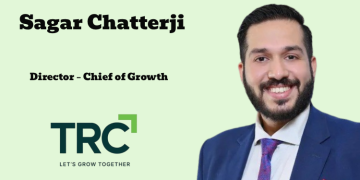After two and a half years since the COVID-19 pandemic began, this year’s festive season in India will be the first one with no restrictions or holdbacks. With a return to normalcy becoming a closer reality, consumers across the country are expected to dramatically scale their festive shopping budgets this year. Online festive sales in India are predicted to grow significantly, driven by competitive prices, ease of returns, increase in the festive offers and expansion of products within the affordability range of the buyers.
Benori Knowledge, a new-age startup providing custom research and analytic solutions, has launched a survey-led report, with the aim to gauge consumers’ shopping behaviours and spending habits this upcoming festive season. The survey was trifurcated into three regions: Delhi NCR (North), Mumbai (West) and Bangalore (South), to better understand local variations in consumer behaviour.
The Benori survey found that 67% of Indian consumers are planning an increase in their shopping budgets, with Mumbai (82%) and Bangalore (71%) taking the lead. Compared to the other cities, more than half (52%) of the shoppers in Delhi NCR are planning to either stick to the same budget or decrease their spending this year. The disparity in seasonal shopping spends between the national capital and the two large metros is primarily attributed to stricter COVID-19 restrictions and lockdowns that Mumbai and Bangalore faced in the previous year, whereas Delhi NCR had a fairly normal festive season.
Around three-fourths (77%) of respondents from Bangalore and 57% from Mumbai cited return to normalcy after the pandemic as the factor behind their budget increases. The second strongest motivator for Bangaloreans (34%) was the pent-up needs from not shopping as much in previous years, whereas according to 53% of Mumbaikars and 45% of Delhiites, it is income growth that is allowing them to scale their spending accordingly. Across India, seasonal discount deals (35%) and pent-up needs (32%) were the other factors guiding consumers’ budgeting decisions.
44% of respondents across India are planning to spend beyond 25,000 INR. Mumbai and Bangalore ranked high in terms of spending this season, with over 50% of consumers holding a budget above 25,000 INR. 14% of Mumbai consumers plan to spend more than 60,000 INR. In Delhi on the other hand, the majority (73%) of consumers reported having a budget of less than 25,000 INR.
When it comes to what Indian consumers will shop for, fashion (clothing, shoes and accessories) will be the most popular (76%) category, followed by home appliances & electronics (59%), home furnishing (45%), phones & accessories (43%), and gold & silverware (39%). More people (43%) from Mumbai plan on purchasing gold and silverware compared to residents of the other cities.
Most (81%) shoppers across the country expect to do their shopping through major e-commerce platforms, followed by category-specific platforms (56%) and direct-to-consumer websites/apps (38%). Despite these top three purchase locations being online portals, 58% of respondents from Bangalore revealed that they would patronise traditional department stores this season.
With interest in sustainable business practices becoming a more prominent consumer trend over the years, Benori’s research demonstrated that this festive season, most (76%) consumers will factor in product sustainability when making a purchase decision. Almost 90% of buyers from Bangalore revealed that they are very conscious about considering sustainability when making a purchase.

Reflecting on the findings from the buyer survey, Ashish Gupta, Co-Founder and CEO of Benori, said, “After two years of a reduced scale of festivities, especially in Bangalore and Mumbai, consumers are looking forward to celebrating this festive season with renewed enthusiasm. Post pandemic, this will be the first normal festive season where people can celebrate and enjoy the festivities with their family and friends without any restrictions. This provides a great opportunity for brands to engage with their audience and increase awareness. Understanding the nuances of regional buying behaviour can help them drive purchase intent for the brand through relevant offers.”

















